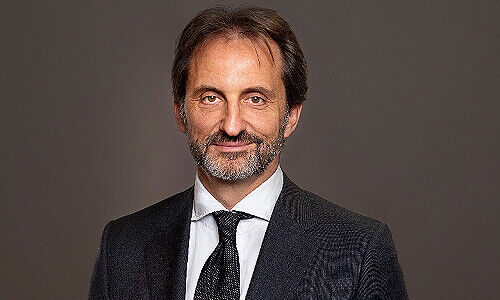Ex-Falcon-CEO Joins Private Bank
Zurich-based Ihag Privatbank has appointed as CEO a manager widely known in the Swiss financial market. In addition, the bank is expanding its board of directors to create the conditions for future growth.
The board of directors of Ihag Privatbank has appointed 53-year-old Martin Keller, most recently head of the defunct Falcon Private Bank, as its new CEO, the financial institution announced Friday. He succeeds Daniel Lipp, who has left the bank. Founded in 1949, Ihag Privatbank is owned by Gratian Anda, a descendant of industrialist and arms manufacturer Emil Georg Buehrle, who died in 1956.
Anda holds about 80 percent of the shares, according to the latest information, while his cousin, Carol Franz-Buehrle, owns about 20 percent. The bank is part of IHFS Holding and employs about 90 people.
New Board
The board of directors has also decided to expand the supervisory body with the appointment of Marianne Mueller, a member of the executive board of SWA Swiss Auditors, and Christoph Mauchle, most recently a member of the executive board of VP Bank. In doing so, the bank is strengthening its strategic and professional competencies in key areas and creating the conditions for future growth.
The board of directors is now composed as follows: Heinrich Rotach (chairman), Christoph Mauchle (vice chairman), Urs Baumann, Marianne Mueller, Susanne Riess and Martin Taufer.
Many Years of International Experience
The new CEO Keller has many years of international experience at the executive and board levels in wealth and asset management. Prior to joining Falcon, he served as CEO of Credit Suisse's asset management business in the EMEA region from 2011 to 2016. Prior to that, he held various leadership roles at Man Investments, Deutsche Bank, UBS, and other international financial institutions.
Lipp is leaving the bank by «mutual agreement» after three and a half years. Ihag posted a loss in fiscal 2019 and had to cut nearly 20 percent of its workforce after a significant outflow of client funds. It was not until 2019 that the bank's leadership was able to bring itself to clean up its client book and focus on its home market as it exited offshore markets.























